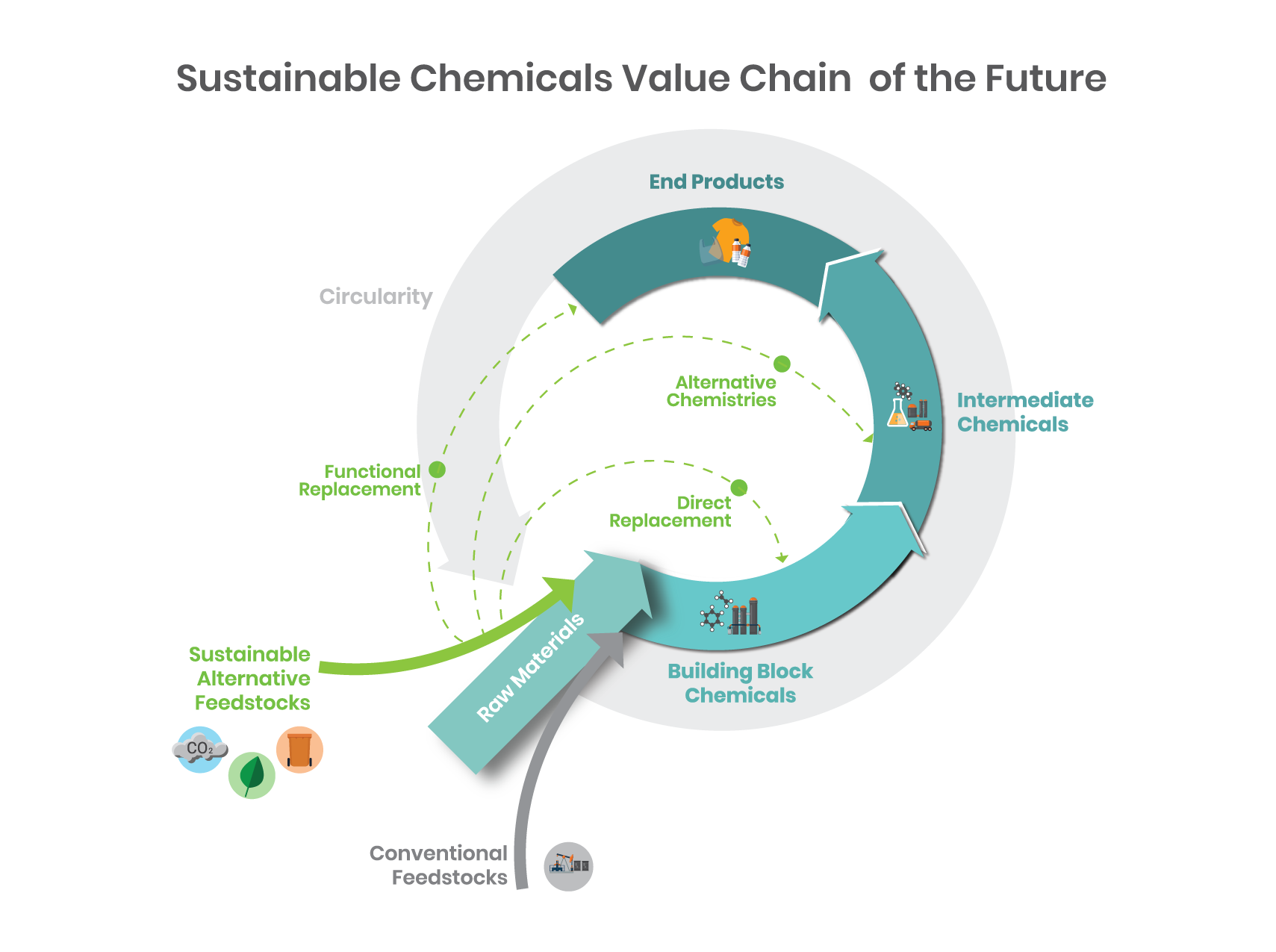Top Tips for Picking Reliable Providers of High-Quality Chemical Products
Top Tips for Picking Reliable Providers of High-Quality Chemical Products
Blog Article
Key Factors To Consider for Picking the Right Chemical Products to Achieve Efficient Integrated Solutions in Your Workflow
Selecting the proper chemical products for incorporated services in operations needs a complex technique that includes numerous vital factors to consider. From examining chemical compatibility to making sure adherence to regulatory criteria, each aspect plays a pivotal function in maximizing functional performance and security. Assessing ecological impacts and vendor integrity can not be overlooked in this intricate decision-making procedure. As companies strive to boost their practices, the interplay of these aspects elevates important concerns concerning best methods and possible pitfalls that merit additional exploration.
Comprehending Chemical Compatibility

To review compatibility, one should consider factors such as the chemical properties of the substances entailed, including pH, concentration, temperature, and the existence of pollutants. Using compatibility graphes and data sources can give beneficial understandings right into prospective interactions. Additionally, carrying out small-scale tests can help identify unexpected reactions that might not be documented.
Variables such as humidity, light direct exposure, and temperature can influence the security and reactivity of chemical items. By focusing on chemical compatibility throughout the choice procedure, companies can improve operational performance, decrease the risk of crashes, and ensure conformity with safety procedures.
Reviewing Regulative Conformity
In the complex landscape of chemical product choice, reviewing regulatory compliance is vital to guaranteeing not just safety yet additionally legal adherence. Organizations should browse a myriad of regulations, from local and nationwide regulations to worldwide requirements, that control the use, storage space, and disposal of chemical materials. This needs a comprehensive understanding of appropriate regulations such as the Occupational Security and Health And Wellness Management (OSHA) requirements, the Environmental Protection Firm (EPA) guidelines, and the European Union's Registration, Examination, Authorisation and Constraint of Chemicals (REACH)
When picking chemical items, it is important to confirm that providers provide Security Information Sheets (SDS) that information prospective threats and handling demands. In addition, businesses must validate that the chemicals conform with industry-specific laws, which might impose additional terms. Non-compliance can cause serious fines, including fines and operational shutdowns.
Additionally, organizations ought to stay upgraded on governing adjustments, as non-compliance can emerge from out-of-date methods. Establishing a robust compliance technique, including routine audits and worker training, can help make sure adherence to existing guidelines. Ultimately, prioritizing regulatory compliance not just alleviates danger however likewise improves the organization's online reputation and functional effectiveness.
Assessing Environmental Impact
Exactly how can companies effectively assess the ecological influence of chemical items during the selection procedure? An extensive assessment calls for a complex technique, incorporating information on the life process of items, from production to disposal. Organizations ought to start by determining the prospective dangers connected with each chemical, consisting of poisoning, determination in the setting, and bioaccumulation potential. Utilizing devices such as Safety Information Sheets (SDS) and environmental threat assessments enables a more clear understanding of these aspects.
Furthermore, companies can utilize third-party certifications and eco-labels that indicate conformity with environmental standards - Chemical Products. Involving with vendors who focus on sustainability methods can also enhance the selection procedure. It is vital to analyze not only the straight effects of chemical use however also the indirect impacts, such as power consumption and waste generation
Applying life cycle analysis (LCA) methodologies can provide detailed understandings into the ecological footprint of chemical items, highlighting locations for enhancement. By focusing on transparency and cooperation with stakeholders, organizations can make educated choices that align with their sustainability goals while lessening adverse ecological outcomes. This aggressive approach eventually cultivates a more liable and eco-conscious operational framework.
Assessing Cost-Effectiveness
While assessing chemical items for functional use, organizations need to likewise think about cost-effectiveness as an important factor in the choice process. This involves examining not only the initial purchase cost however also the overall expense of ownership, that includes aspects such as use performance, upkeep, and disposal prices. Chemical Products. An item that appears low-cost upfront might incur greater expenses in power intake or require more frequent substitute, inevitably affecting the lower line
Furthermore, organizations must assess the possibility for cost savings via enhanced solutions that enhance performance and lower waste. For instance, products that need reduced application rates or provide faster handling times can bring about considerable financial savings in time. It is also vital to think about the effect of governing compliance costs, as non-compliance informative post can lead to penalties and increased operational expenses.
Additionally, companies need to examine the lasting worth originated from the chemical items, consisting of enhanced high quality, boosted efficiency, and boosted safety and security. A comprehensive cost-effectiveness evaluation empowers companies to make enlightened choices that line up with both their monetary goals and functional purposes, eventually causing sustainable and efficient techniques.
Identifying Vendor Dependability
Supplier integrity is critical when choosing chemical products for procedures, as it straight affects both item top quality and functional effectiveness. A trusted supplier consistently supplies top quality products on time, making certain that your procedures remain uninterrupted.
Following, take into consideration the vendor's history of conformity with regulations and criteria. A reliable distributor must have a durable high quality guarantee program that adheres to market standards. Additionally, review their ability to give technical support and item details, which is important for educated decision-making.

Final Thought
In verdict, selecting the ideal chemical products for incorporated services demands a detailed evaluation of numerous important variables. Comprehending chemical compatibility, guaranteeing regulative conformity, evaluating ecological influences, assessing cost-effectiveness, and identifying reliable providers jointly add to educated decision-making.
Report this page